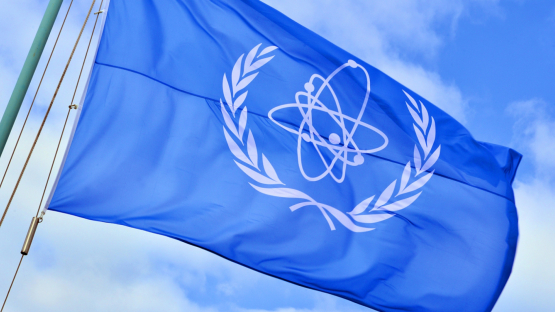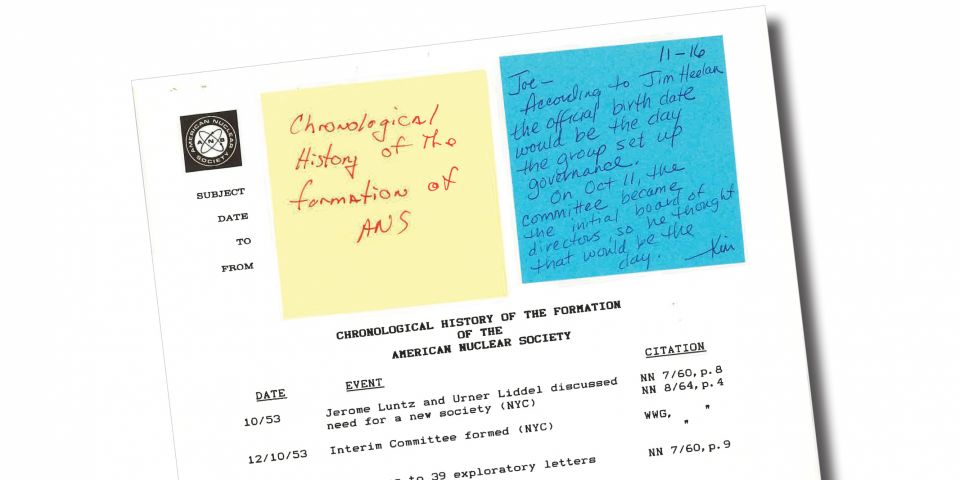The ITDB 2024 Factsheet, released on May 20, notes that since 1993, a total of 4,243 incidents have been reported by member states. The database receives information from the member states on illegal possession of nuclear and other radioactive materials, attempted sales and smuggling, unauthorized disposal, and discovery of lost radioactive sources.
The incidents: The IAEA groups the incidents by type: Group I includes incidents that are connected or likely connected with trafficking or malicious use; Group II are incidents of undetermined intent; and Group III incidents are unlikely to be or are not connected to trafficking or malicious activity.
Six of the incidents reported in 2023 fell into Group I, according to the IAEA, while there was insufficient information to determine the intent of 10 incidents (Group II). The remaining 152 incidents, categorized as Group III, primarily resulted from unauthorized disposal, unauthorized shipment, or the discovery of radioactive material.
During the past 30 years, 14 percent of reported incidents have involved nuclear materials, 59 percent involved other radioactive materials, and 27 percent involved radioactively contaminated materials or other materials.
Over this time, there has been a decrease in incidents involving nuclear material like uranium, plutonium, and thorium, the IAEA noted.
Quotable: “The reoccurrence of incidents confirms the need for vigilance and continuous improvement of the regulatory oversight to control, secure, and properly dispose radioactive material,” said Elena Buglova, director of the IAEA’s Division of Nuclear Security. “The ITDB is a valuable resource that allows for the identification of potential threats and trends to support international cooperation and to improve the implementation of nuclear security.”
Buglova added that it is most important to strengthen security measures regarding transportation, which accounts for 52 percent of all radioactive-material thefts that have been reported since 1993. Thefts during transportation account for 65 percent of all stolen radioactive material during the past decade, according to the IAEA.








